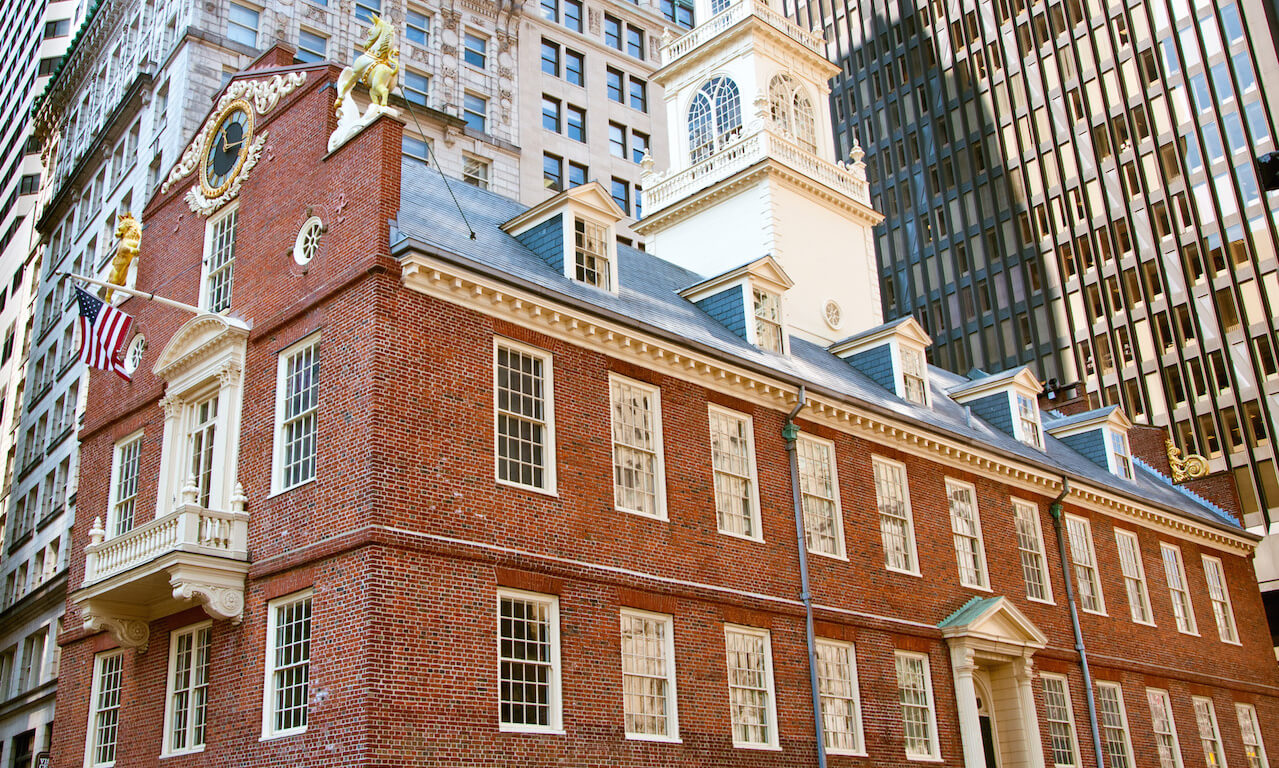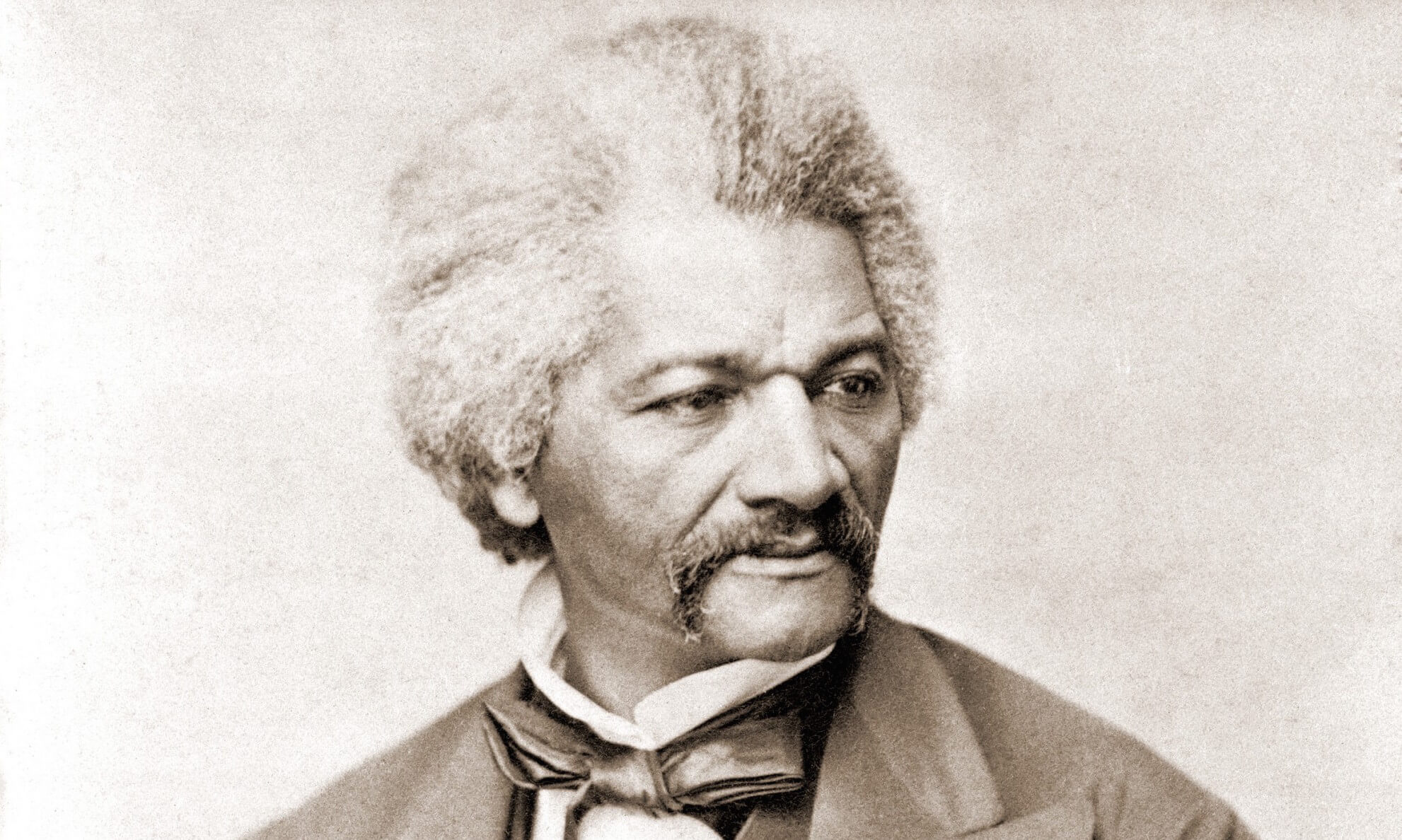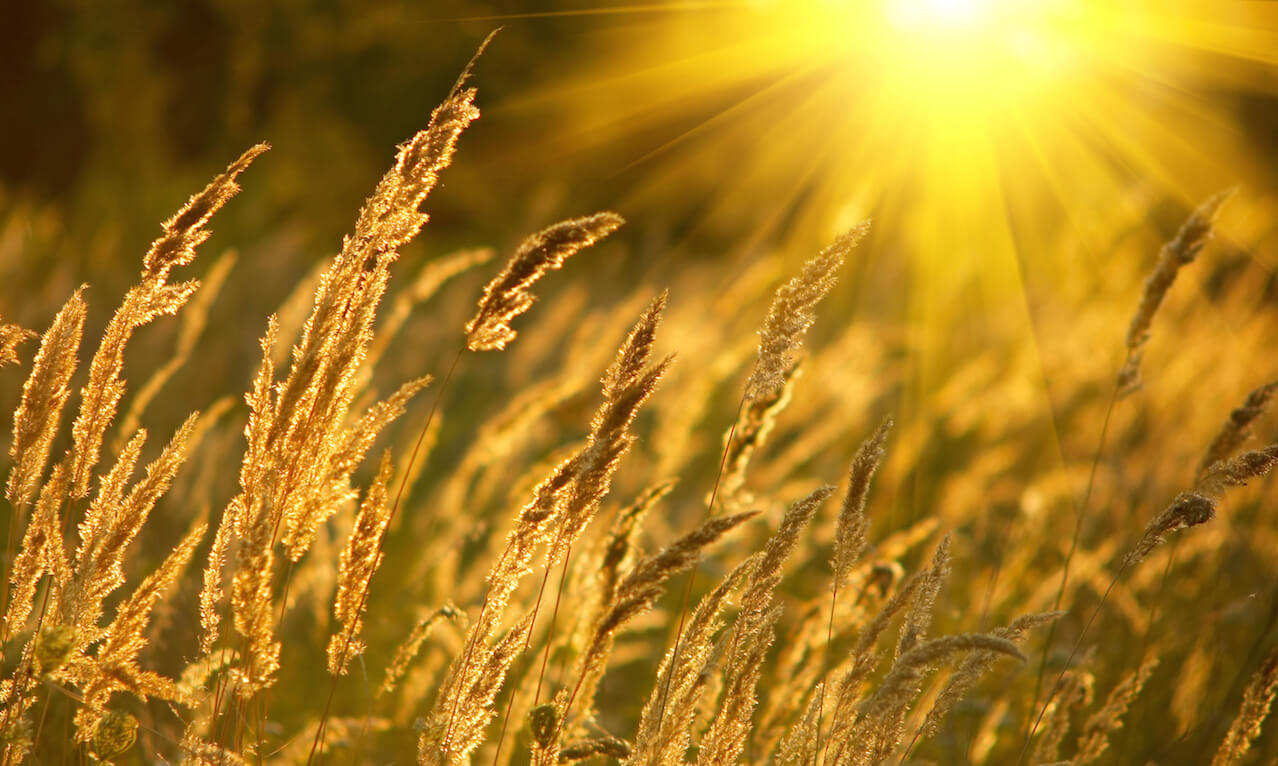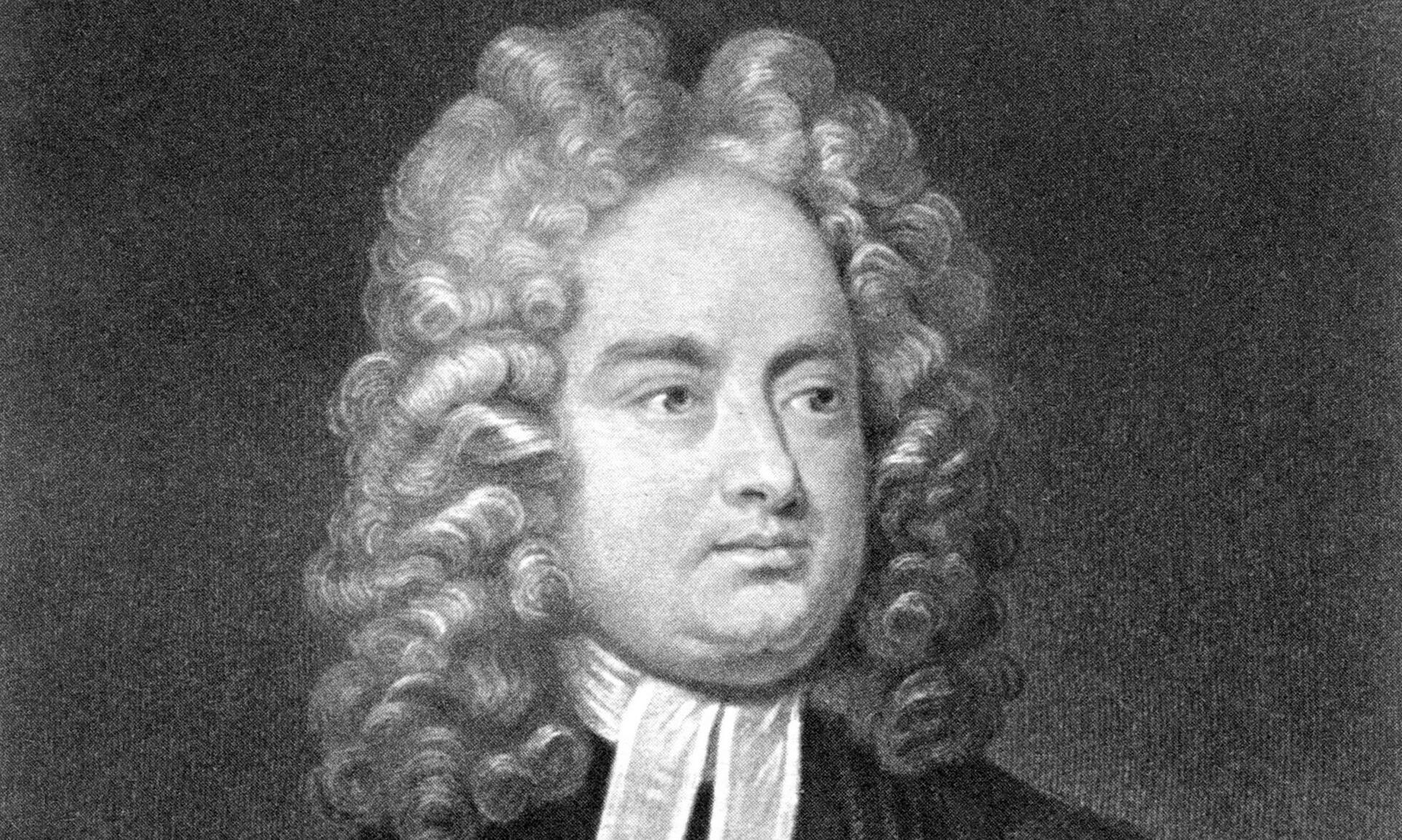Casual Perfection
Source: Slate
Critic Meghan O’Rourke argues that publishing drafts of Elizabeth Bishop’s work reveals more of the American poet’s brilliance.

Critic Meghan O’Rourke argues that publishing drafts of Elizabeth Bishop’s work reveals more of the American poet’s brilliance.

Learn how James Otis, Jr., inpsired early revolutionary thinking with fiery speeches against British rule.

Among the more well-known male writers and artists of the Harlem Renaissance existed women who also deserve to be recognized. Read about three writers whose work reflected being both black and female.

In a recent study, researchers at the University of British Columbia found that daughters who see their fathers contribute to household chores are more likely to have higher career aspirations.

Nineteenth-century photographer Edward Curtis was known for his images of Native Americans. Watch this video that details the Smithsonian Institute’s recent acquisition of more than 700 of Curtis’s images.

Shakespeare is possibly the most famous playwright of all time, but much of his life is shrouded in mystery. Explore the timeline of events that shaped Shakespeare’s world. Then, explore the “In Search of Shakespeare” site to learn more about the man and his works.

A former slave, Sojourner Truth was an ally of Frederick Douglass and William Lloyd Garrison in the fight for the abolition of slavery. Watch a mini-biography and read about this brave abolitionist and women’s rights advocate.

Listen to this account of Frederick Douglass’s first years of freedom.

Read about this lesser-known contemporary of the founding fathers.

In the 1720s and 1730s, author Jonathan Swift used satire to protest social injustices, balancing facts with absurdity.